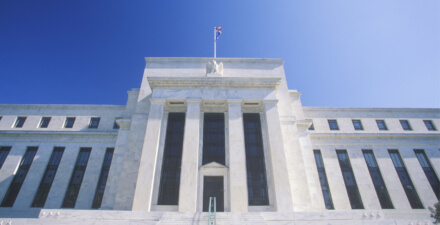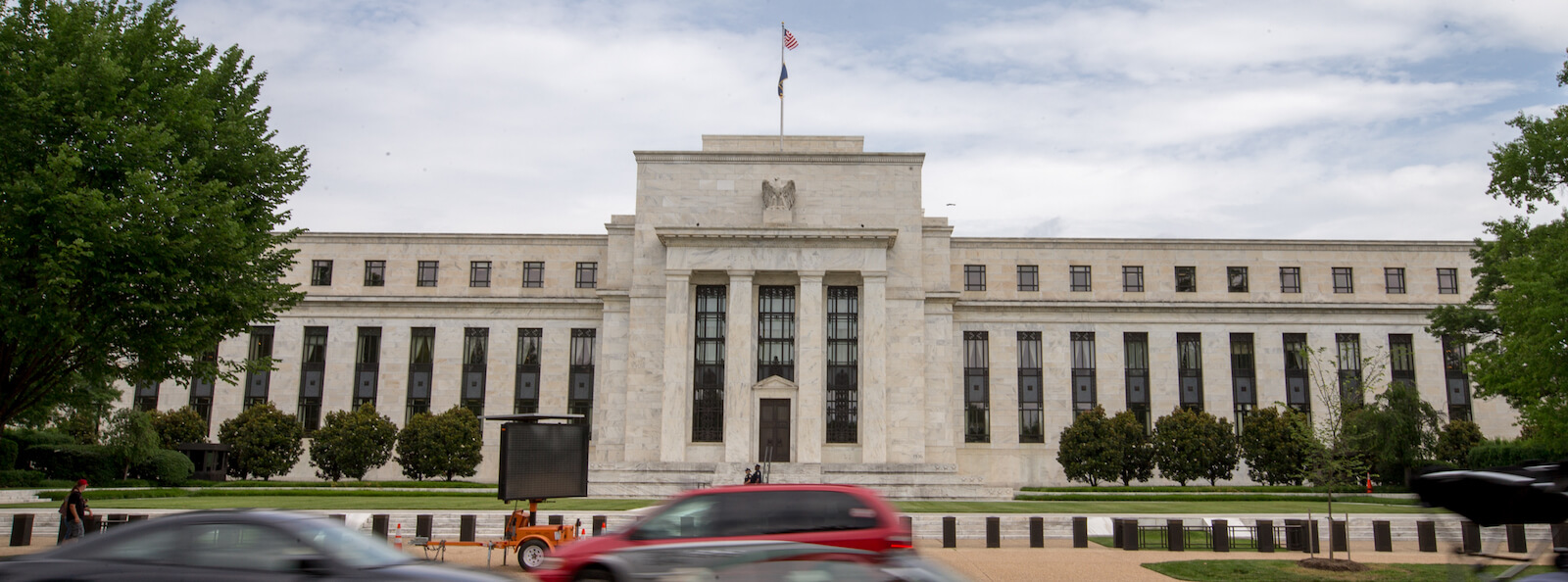Being the reserve currency has its privileges and costs
Over the weekend, Michel Sapin, the French finance minister, called for a “rebalancing” of currencies used in international transactions, implicitly criticizing the status of the U.S. dollar as the principal international reserve currency. Sapin joins a long tradition of French finance ministers criticizing the dollar’s privileged status, which goes back to Valery Giscard d’Estaing. In the 1960s, d’Estaing, who served as President of France from 1974 to 1981, said that the United States received an “exorbitant privilege” due to the greenback serving as the basis for much of international financial transactions.
The dollar’s global reserve status does confer some real benefits, but it also has its drawbacks. Policymakers need to take both into account when they consider the dollar and its relationship to economic inequality and growth.
The purpose of a reserve currency is to help smooth international transactions. Imagine a company that wants to sell goods to a company in a country with a different currency. When it comes to currency, the companies have two potential problems. First, the exchange rate between the two currencies could shift dramatically and change the price of the good. Second, the importing company might use a currency that isn’t used much outside of its borders and trading that currency might be difficult. By using a widely circulated currency, such as the U.S. dollar, the two companies eliminate the two risks.
But the two companies whose transactions are smoothed aren’t the only ones who benefit. The issuer of the reserve currency, the United States in this case, also benefits. More companies and individuals using the dollar means more transactions denominated in dollars, which provides more liquidity for this currency. Liquidity means that financial assets can be priced more easily and loans are more easily provided. In short, U.S. firms get easier access to capital because of the dollar’s reserve status.
These benefits are certainly real and substantial, but there are also costs. Take for example, the longstanding U.S. trade deficit. The dollar’s status as the reserve currency increases the demand for dollars. Assuming the Federal Reserve doesn’t increase the supply of dollars, the price of dollars compared to other currencies, the exchange rate increases. All other things being equal, the price of U.S. goods is now more expensive to foreigners compared to other goods, which reduces demand for now higher-priced U.S. exports.
At the same time, foreign goods are less expensive to U.S. firms and households, which spurs them to consume cheaper foreign goods and therefore imports increase. Economist Dean Baker of the Center for Economic and Policy Research makes this point frequently. As Baker points out, a large U.S. trade deficit is a major obstacle to increasing employment and sustainable economic growth in the United States.
So, when outside critics call for an end to the U.S. dollar’s reserve currency status, U.S. policymakers shouldn’t reflexively defend the privilege. The benefits accrue primarily to firms and financial institutions while the costs fall primarily on average workers. The dollar is not about to be replaced in the short term by another single currency, but policymakers may want to think about replacing a single currency with an international system. This move could not only help the U.S. economy but the international economy as well.







